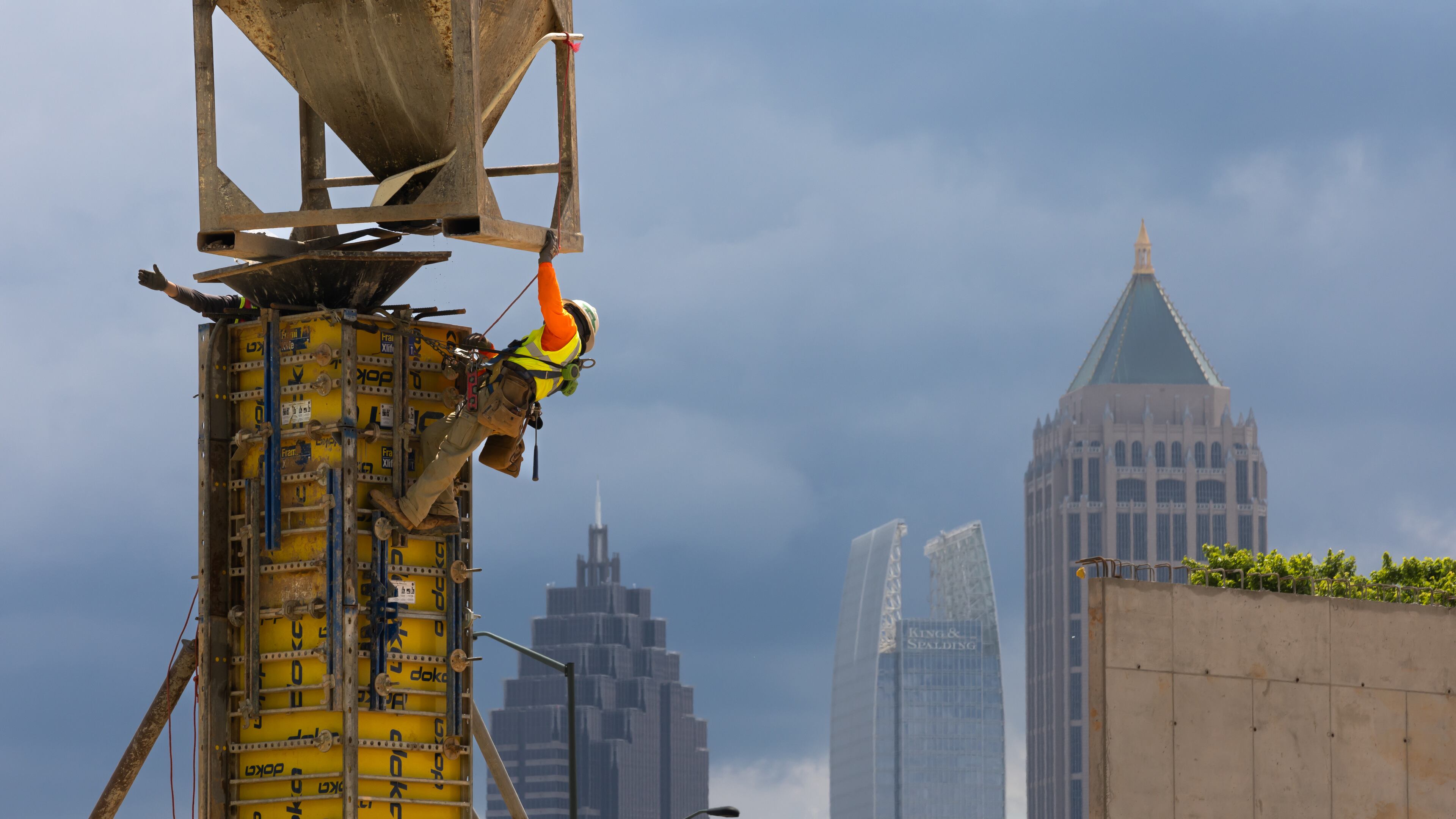Getting the conversation started

Last week, The Atlanta Journal-Constitution started a series exploring ways The Greater Atlanta can meet the moment for growth. So how can Atlanta, long considered a Black mecca — in education, culture, music, politics, social justice — make sure that its Black residents, new and longtime, have the same access to development as all others. Here are a few ideas to get the conversation started.
1. The children are our future
Successful development is like a fruit tree: The rewards are reaped years after planting and usually only with careful cultivation. That’s why it’s so important to get it right at the planning stages. Plan right now, and generations will benefit.
Get youth interested in entrepreneurship in their community early.
Detroit’s Project Destined takes a group of children from the conception stage through the market stage of a commercial real estate development project. “Students learn everything from real estate basics — the difference between a multi-family and commercial asset, for example — alongside intensive sections on architecture, design, construction, property operations, legal regulations and financing,” Next City’s Emily Nonko wrote.
Cedric Bobo and Fred Greene, who founded the nonprofit in 2016 to get youths of color to see their communities as opportunities and to see themselves as investors and entrepreneurs, have since expanded to the Bronx and Memphis.
2. Pay attention to history
An urban development project in Washington, D.C., the 11th Street Bridge Park, included an equitable development plan. The park is being built on a decommissioned bridge spanning the Anacostia River connecting majority Black neighborhoods in the nation’s capital. One of the goals of the plan is to “nurture a thriving network of small businesses that operate on the Bridge Park following construction. Leverage the 11th Street Bridge Park to build and sustain small businesses in the surrounding community. Ensure the Bridge Park is deeply connected to business corridors on both sides of the Anacostia River.”
3. Ensure the community leads
One example: Seattle’s Equitable Development Initiative, housed in the city’s office of Planning & Community Development, is “explicitly community-driven, using a community advisory board to lean into the lived experience of communities and ask residents what they need,” as Isabella Garcia noted in Yes Magazine.
4. Look at lending in a new light
Minority-owned businesses often struggle to get capital. But West Philadelphia’s The Enterprise Center’s Minority Business Development Agency is helping bridge the divide.
Consider that the Small Business Investment Company, which pools capital from larger investors such as banks, pension funds or insurance companies and invests those pooled funds into portfolios of companies over a fixed period of time, makes about 1,000 investments each year. Of those, about 60 SBIC investments are in companies owned by women, people of color or veterans, as Next City’s Oscar Perry Abello reported in 2022.
The Enterprise Center uses “federal funding to help minority-owned businesses with technical assistance, particularly for going after city contracts or corporate supplier contracts as part of supplier diversity initiatives,” Abello wrote. “The center’s funding relationships with community-based organizations allow banks to meet some of their obligations under the Community Reinvestment Act.”
These are just a few ideas. We want to hear from you: We welcome submission of up to 800 words on how to make sure Atlanta’s growth respects its heritage and heralds its future. What’s the one thing that would make The Greater Atlanta perfect? How would you manage Atlanta’s growth? How would you solve the traffic issues? Homelessness? Green space? Send your ideas — big and small — to opinion@ajc.com. — The Editorial Board


